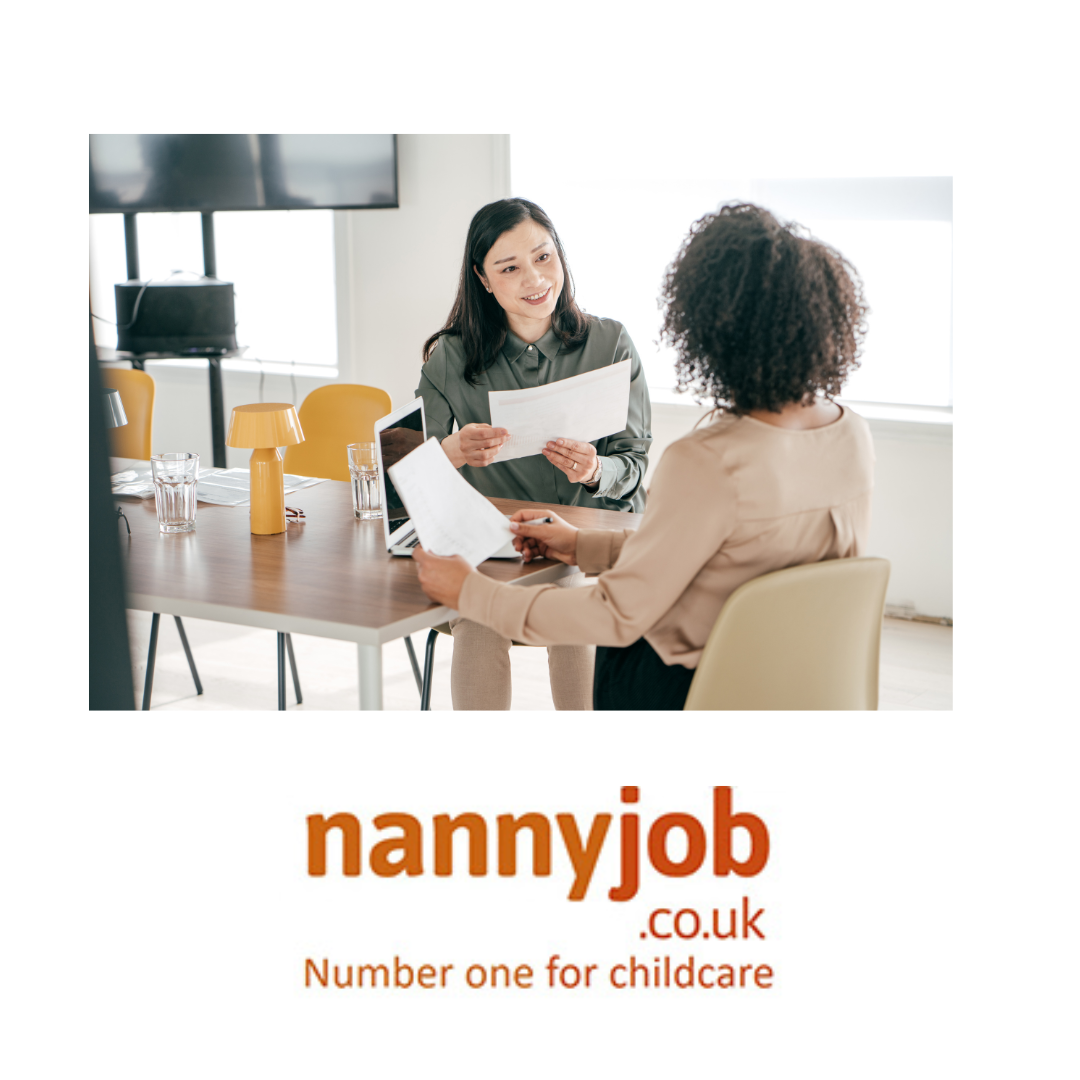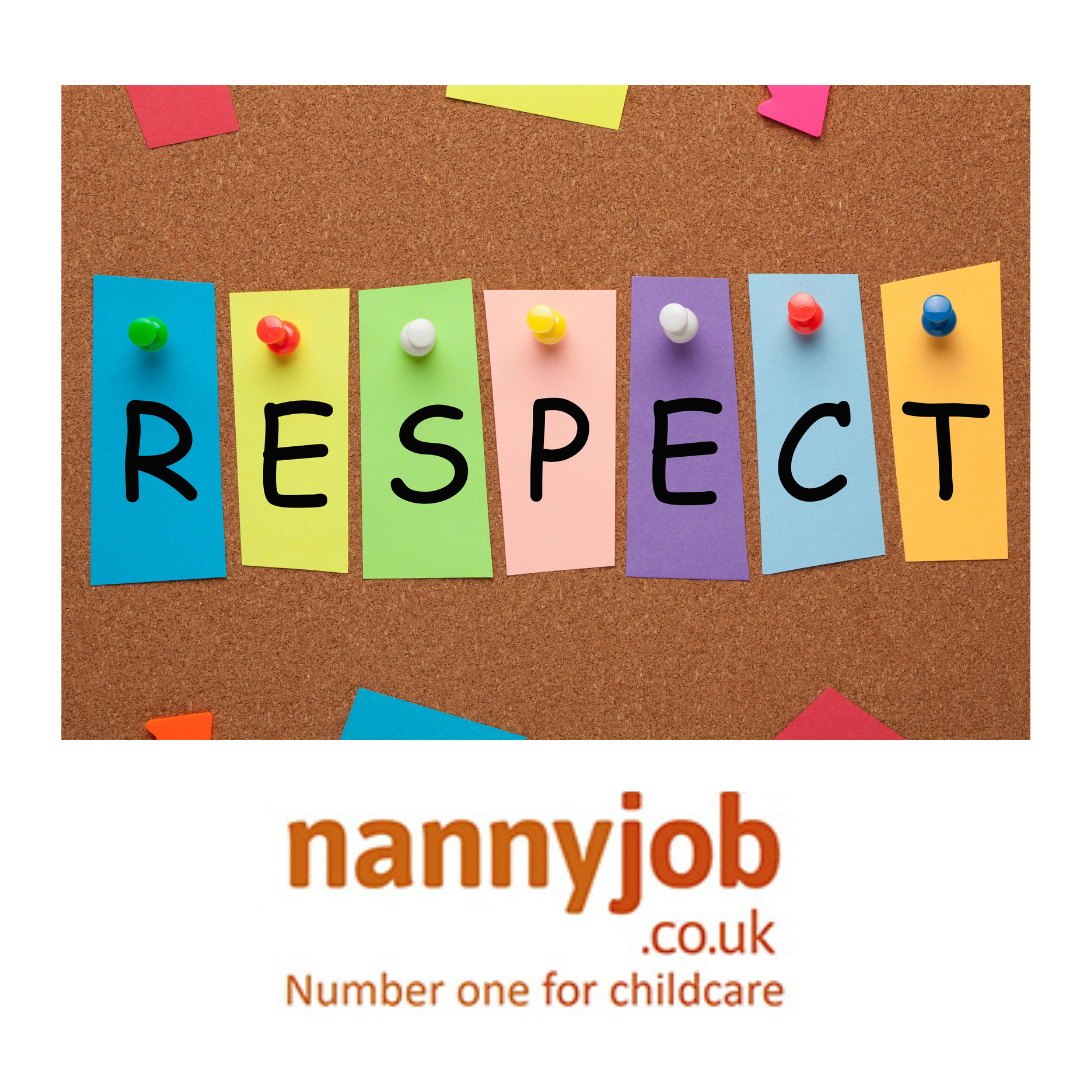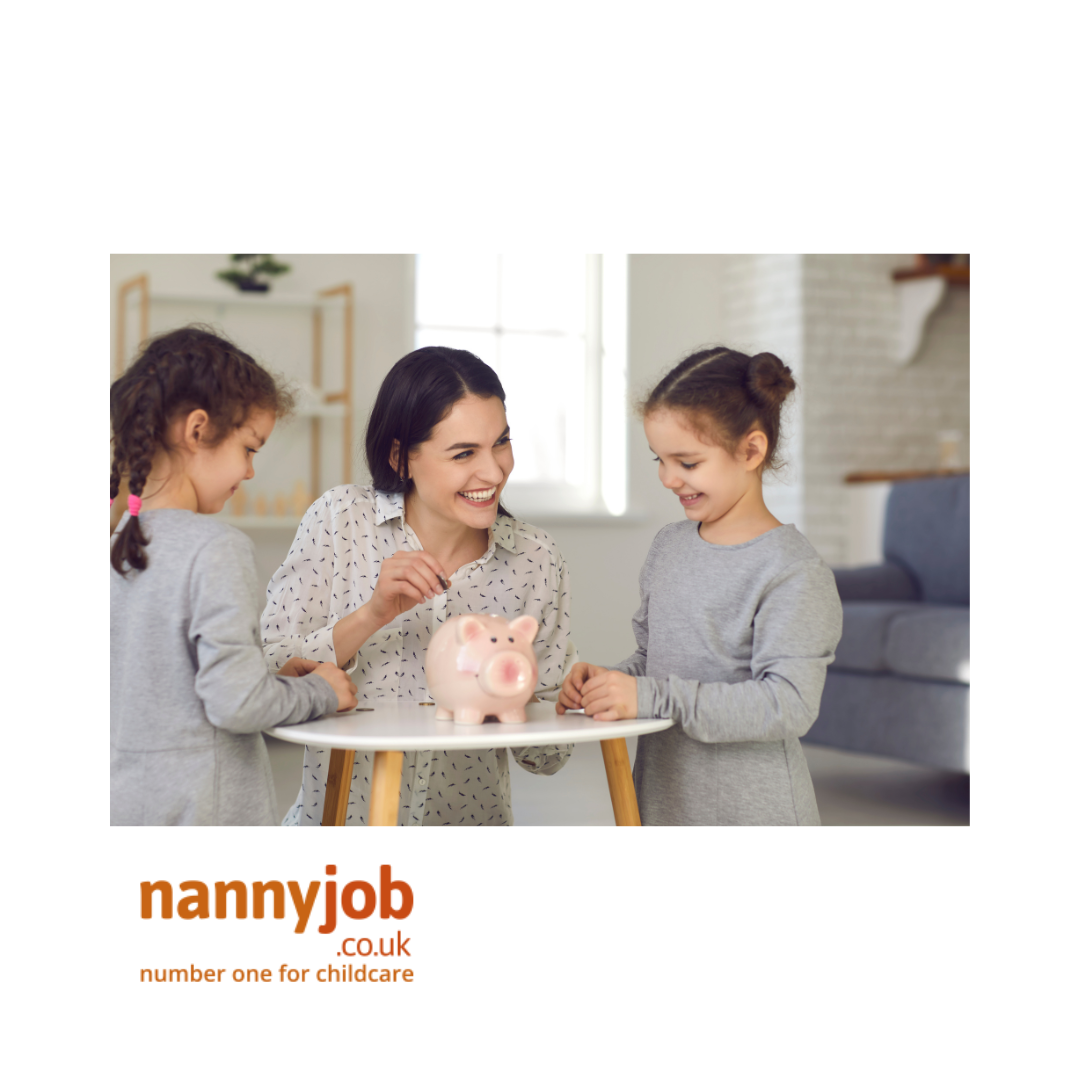Finding the right nanny for your family is an important decision, and creating an effective advertisement can significantly streamline the hiring process. Below are essential tips on how to craft the perfect ad to attract the ideal candidate.
1. Clear Job Title and Introduction
Start with a clear and straightforward job title that includes the term “nanny.” Your introduction should briefly outline what makes your family unique and what you are looking for in a nanny. This sets the tone and attracts the right applicants.
2. Detailed Job Description
Be specific about the duties and responsibilities you expect the nanny to handle, such as picking up children from school, preparing meals, helping with homework, or facilitating bedtime routines. Clarity prevents future misunderstandings.
3. Required Qualifications and Skills
List essential qualifications such as education level, years of experience, first aid training, or special certifications like early childhood education. Also, mention any specific skills that might be beneficial, such as fluency in a second language or experience with special needs children.
4. Personal Qualities
Describe the personal qualities that you value in a nanny, such as patience, creativity, reliability, and a love for children. This helps potential candidates self-assess their fit with your family’s needs.
5. Work Hours and Salary
Clearly state the working hours, expected start date, and any flexibility required. Be upfront about the salary range and any benefits, like paid vacation, which could make the position more attractive.
6. How to Apply
Provide a clear call to action. Tell candidates exactly how to apply, whether by sending a resume and a cover letter via email or filling out a form on a website. Mention any documents or information they should include, such as references or a background check.
7. Contact Information
Ensure that your contact information is correct and easy to find in the advertisement. This may include a phone number, email, or even a direct link to the application portal.
8. Engaging Conclusion
End your advertisement on a warm note, expressing your anticipation to find the right addition to your family. This personal touch can make your ad stand out.









